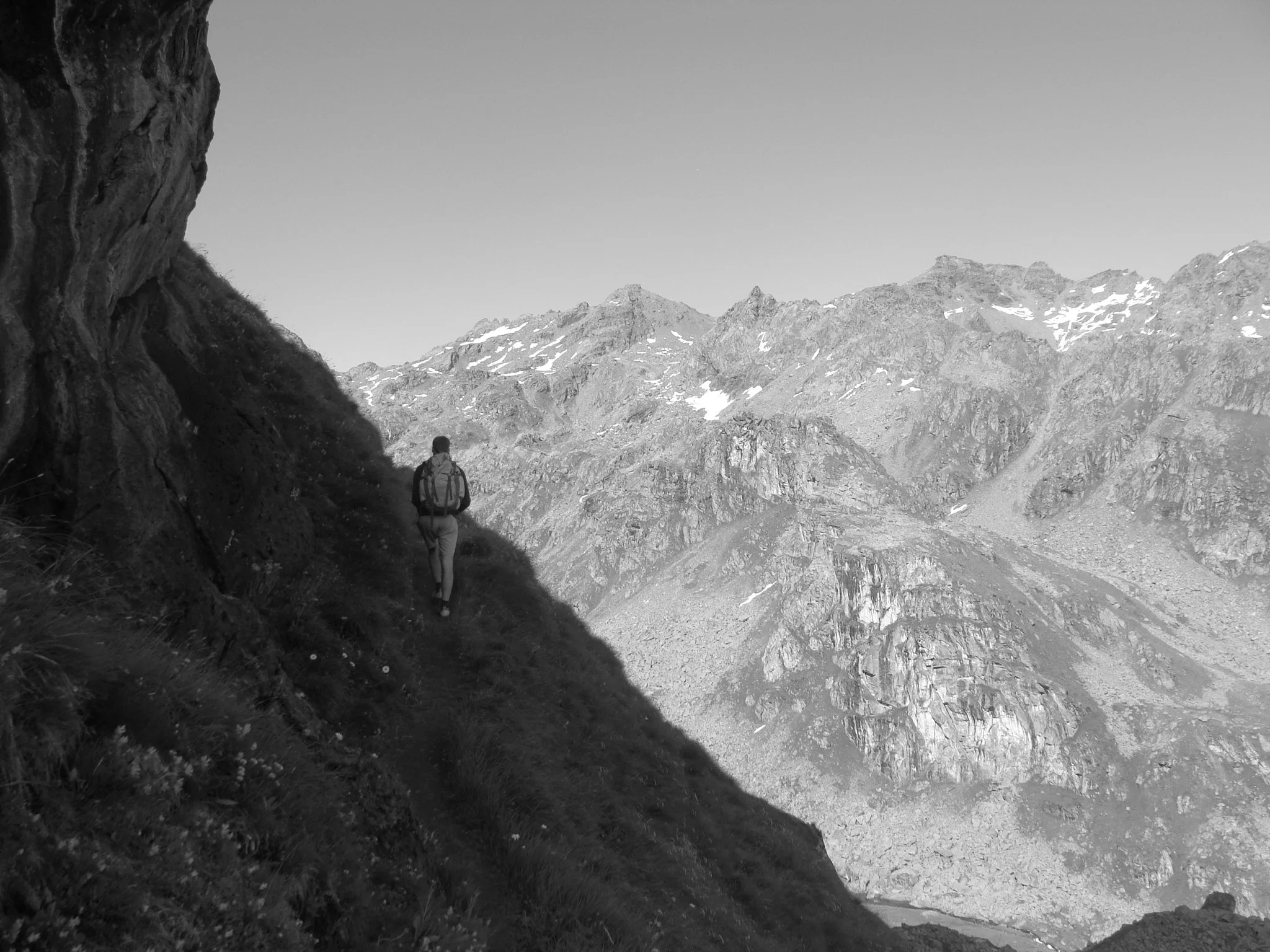“A man motivated by interest cannot be a man of reason.”
As an artist, I feel it is important to connect what I know and what I believe in with my professional practice.
In the world I’ve grown up, a model of artistic success has been forged that, in my eyes, is based on essentially everything that doesn’t seem to make much sense today: Frequent long-distance travel to remote performances or lectures; synthesizing not so long-lasting merch products and shipping them around the globe; accumulating gear and equipment that makes performing without electricity and travelling without a tour bus near to impossible; monetizing of instead of connecting with audiences; performing music for admiration instead of conveying music for mutual exchange and growth. “I am going on tour in [a very far place]”, “I’ve sold [a large number of] merch articles”, “I’m expanding my sound with [a new piece of gear]”, is how artists report their success to the public these days - and I don’t exclude myself here, since this is how I have learned to be perceived as someone who is doing well as a musician. The real question is, though: How does this make sense in a world that clearly is running out of resources to sustain this type of career model? And why would success so often be taken as more valuable when it is conceived success over instead of with others?
I’m afraid I don’t have any real answers, but I think it’s important to launch a broad discussion in industry and society about how we can change our approach to meaningful artistic realization. I don’t consider myself an activist, but I there are some simple things I put into practice like reducing my equipment to an amount that allows me to travel by bike and public transport. I acknowledge that for some instrumentalists it is a rather unrealistic approach to reduce the size of their gear, but electronic musicians and key players like myself tend to unnecessarily accumulate tons of gadgets that lead them to find themselves in the same immobile situation. Smartening the way I equip my sound rack doesn’t only lighten my travel bag but also reduces the amount of gear being produced and shipped around the world in the first place - even if that means not going for the apparently cheapest or handiest option every time. This is all about small steps in acting responsibly towards earth. But we haven’t touched upon social responsibilities yet.
In general, I like humans (sometimes more, sometimes less). Social engagement feels like a very rewarding thing to me: Again you don’t have to be an activist, but you have a choice to value work that is being done primarily to serve the joy or development of others before your own. To the day, teaching is considered something that doesn’t really go along with an artistic career, which is funny, considering that most ‘masters’ of any music tradition are known to have had regular students. It seems that paying one’s bills solely by performing has emerged as the predominant ideal of artistic success and the teaching part is regarded at best a financial necessity that hampers individual artistic expression. I would argue that serious teaching is as creative, challenging and rewarding as serious performing and I urge people to attribute this sort of value to it too - perhaps this is even about a broader question of how highly we rate education as a society.
There are other things I do that tend to raise eyebrows, like playing organ for church services. When I tell people about the amount of money I receive for these Sunday morning jobs, people either tend to burst into laughter or gaze at me with one of those looks that implies some sort of pity or at least confusion. The underlying question “why would you do this to yourself?” mirrors how we rate success today - I guess a lot of people would admire my devotion to organ playing if it payed half as much as a goal assist in professional football or at least created some followers.
So what is the essence of all of this? I guess that it’s that we need to keep lobbying for change in how we rate artistic success today, prioritising local engagement, careful grass root work and delicate development much more than we currently do.
